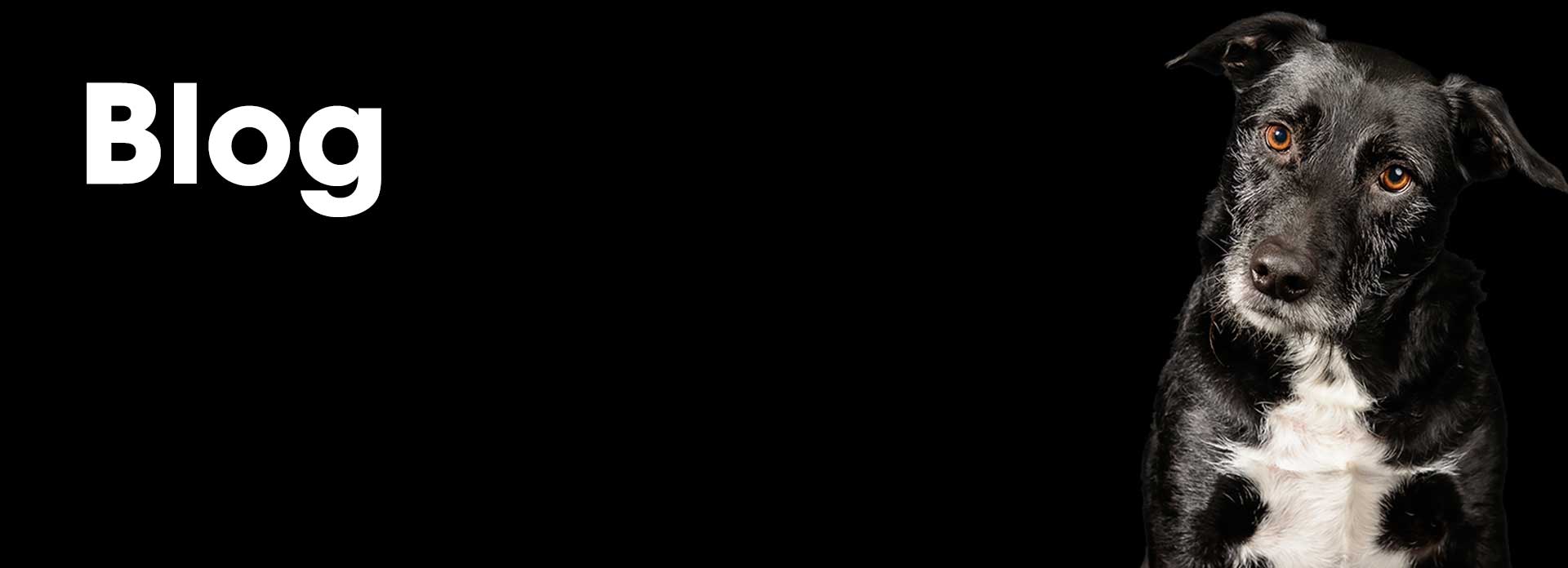“My dog is going all over the floor! Help!” It’s one of the top three complaints canine professionals hear, and it’s no wonder. Dealing with a dog who isn’t housetrained is messy and frustrating. But with a few rules and good structure, the task of housetraining can be accomplished without much muss or fuss.
Understand Limitations
Puppies and adult toy breeds have small bladders. They need frequent chances to eliminate, and instruction on where to go. Puppies cannot be left crated more hours than they can “hold it,” which is generally the number of hours they are months old, plus 1 (e.g., a 3-month-old pup has a 4-hour “holding pattern”). Puppies don’t really have much control at all until 16 weeks of age, so it’s almost impossible for a pup to be housetrained that soon.
Also, puppies instinctively know not to soil their sleeping and eating areas, but this doesn’t mean they understand that the whole house, or even one room, is off limits—at least, not until you teach them. Keep their world small at first.
Prevent Accidents with Proper Confinement
Crating is the easiest way to housetrain pups and new adults in the home. Confine whenever you are not watching the puppy, and give frequent chances for success. Do not assume knowledge where none exists. Most people give puppies and new dogs in the home more freedom than they can handle, and every accident allows the dog to think pottying indoors is OK. Don’t start with puppy pads if you can get your pet out every few hours during the day (since pups cannot be crated for more than a few hours at a time, they may be necessary in a “safe zone” outside of the crate for the first few months).
The rule of the crate is that we never want to encourage elimination in it, so make sure it is only large enough for the puppy to stand, sit, lie down, and turn around. Do not use bedding at first, until you are sure the pup is not eliminating on it and shoving it aside. Never put puppy pads or water in the crate.
Set a Schedule
Puppies generally need to potty shortly after waking up, eating, and playing. Setting a schedule helps the whole family prevent accidents, and helps pups in all aspects. Plan on getting new puppies outside for elimination a minimum of six times a day.
Pick A Spot
Decide where you want your pup’s potty area to be, and take your pet there every single time you release her or him from crating, or after finishing a meal, after playtime, and after a nap. The closer it is to the crate, the easier it will be for you to get your pet there in time.
Reward Success
Your job is to make sure your puppy eliminates in the area you designate (or anywhere outside, in a pinch). You must praise and reward your pet for every success. To do this you must be right there when he/she “goes.” Do not send your pet out in the yard to get distracted by butterflies and leaves. Take your pet on a leash (yes, even in a fenced yard) so you will be nearby to reward success. Small treats are OK for this, though hearty praise is often sufficient. You have three seconds to reward behaviors so that your pet knows what to continue.
Create a Command
Start saying the command as you notice the puppy squatting, and repeat it a few times, then praise. This will associate the word with the deed, and soon, you will be able to tell him to “potty” instead of waiting in the rain.
Rule Out Medical Issues
If you are following these tips and puppy is having accidents, it’s a good idea to rule out medical issues that could be contributing. Urinary tract infections and medications can cause the pup to eliminate inappropriately. Also, remember: what goes in must come out. Don’t severely limit water, but don’t allow unfettered access to it unless you are prepared to get your pup out soon.
Adults Need Refreshers
A new dog in the home will likely need a refresher course, even if previously housetrained, especially one who has been in a shelter environment. The stress of being sheltered and being in a new place can contribute to accidents. Assume the dog was never housetrained, and be pleasantly surprised when he/she catches on quickly. Crating can be a lifesaver for adult dogs in new situations.
Don’t Punish or Scold
There will be accidents, of this you can be sure. Puppies do indicate that they are about to “go,” but many people miss the signs (usually sniffing the floor and circling). Use an odor eliminator like Nature’s Miracle© and clean up well. Do not punish the puppy or dog, just make a note to be better at prevention from now on. Punishment does not teach the pup not to potty in the house; it teaches him not to potty in front of you—which is a problem you do not want. Be proactive and set your pup up for success.
Feel free to email us if you have questions!

